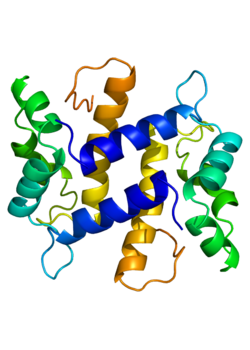Article published in Oncogene. S100A7: from mechanism to cancer therapy
On August 21st, the oncology team led by Dr. Jose Luis Hernandez from the Health & Biomedicine Unit published a scientific article in the Oncogene Magazine of the Nature group. The article, coordinated by L. Padilla, sums up cutting-edge research activities of the recent years that led to excellent results in the field of cancer therapy.
Link to the article.
Abstract: Within the tumor, malignant and stromal cells support each other by secreting a wide variety of growth factors and cytokines, allowing tumor growth and disease progression. The identification and regulation of those key factors in this crosstalk has opened the opportunity to develop new therapeutic strategies that not only act on the tumor cells but also on the stroma. Among these factors, S100A7 protein has gained interest in the last years. With key roles in cell motility its expression correlates with increased tumor growth, angiogenesis and metastatic potential.
This work aims to deepen in the role played by extracellular S100A7 in the tumor microenvironment, offering a new integrative insight of its mechanism of action on each cellular compartment (tumor, endothelial, immune and fibroblast). As a result, we demonstrate its implication in cell migration and invasion, and its important contribution to the formation of a proinflammatory and proangiogenic environment that favors tumor progression and metastasis. Furthermore, we define its possible role in the pre-metastatic niche formation.
Considering the relevance of S100A7 in cancer progression, we have developed neutralizing monoclonal antibodies, reporting for the first time the proof of principle of this promising therapeutic strategy for cancer treatment.

